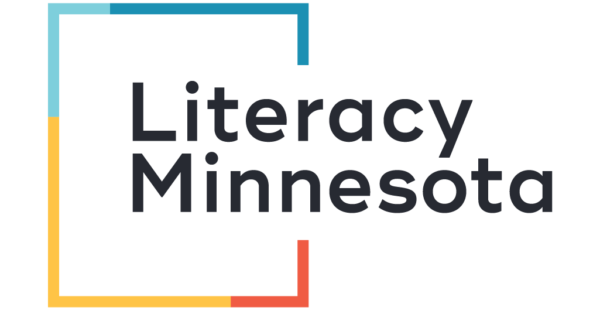Resources
Results
Work-Based Learning Toolkit
Foundational Skills in the Service Sector
Building Pathways to Success for Low-Skill Adult Students: Lessons for Community College Policy and Practice from a Longitudinal Student Tracking Study (The “Tipping Point” Research)
Ability to Benefit – Minnesota State Policy
Perkins V Issue Brief
Ability to Benefit Issue Brief
College and Career Readiness: A Guide for Navigators
FOOD SAFETY: Ensure you are teaching up-to-date information
Interpreter Careers – Training, certification and potential ABE roles
Resources for students studying for a MN driver’s license written exam
iPads and Tablets in the LESLLA Classroom
ACP Program Development for Managers
Project-Based Learning: The Online Resource for PBL
Starting Small with Project-Based Learning
Seven Essentials for Project-Based Learning
Minnesota STAR Project: Meeting the Needs of Struggling Adult Readers
Getting Started with Effective Math Talk in the Classroom
Translating Word Problems: Keywords
6 Great Ways to Help ESL Students Achieve Self-Correction
New Resources
Guide for Advising Students with Foreign Degrees and Credentials
Finding True North – Role of the Navigator (training from World Education)
Diversity, Equity, Inclusion, and Accessibility in Adult Foundational Education
Presenter Information
Get information about stipends, reimbursements, and other instructions for presenters.
MN ABE YouTube Channel
The MN ABE YouTube Channel is a free online PD resource that you can use to explore teaching techniques and classroom ideas in action! Find out more in this MN ABE Connect newsletter article.
Upcoming ABE Events
Burlington English Lunch and Learn: Xue’s Office Hour
Registration Deadline: TUE. 5/21/24 You will be able to join Xue’s open office hour to come with any questions or issues that you have. If you need help with a technical issue,… Learn More
Teaching and Tutoring with Northstar Digital Literacy
Registration Deadline: WED. 5/22/24 You don’t need to be a computer expert in order to teach computer skills! Come learn how help students build their digital literacy skills using Northstar Digital Literacy. In the webinar, participants will learn: The features of Northstar Digital Literacy. How to help learners… Learn More
Volunteer Core Training Module 3: Instructional Best Practices: Working with Learners
Registration Deadline: WED. 5/22/24 Participants learn how to apply teaching practices that support language and skill development for all learners. These practices include ensuring that instruction is learner centered, using an appropriate level of teacher talk and delivering error correction. Learn More

